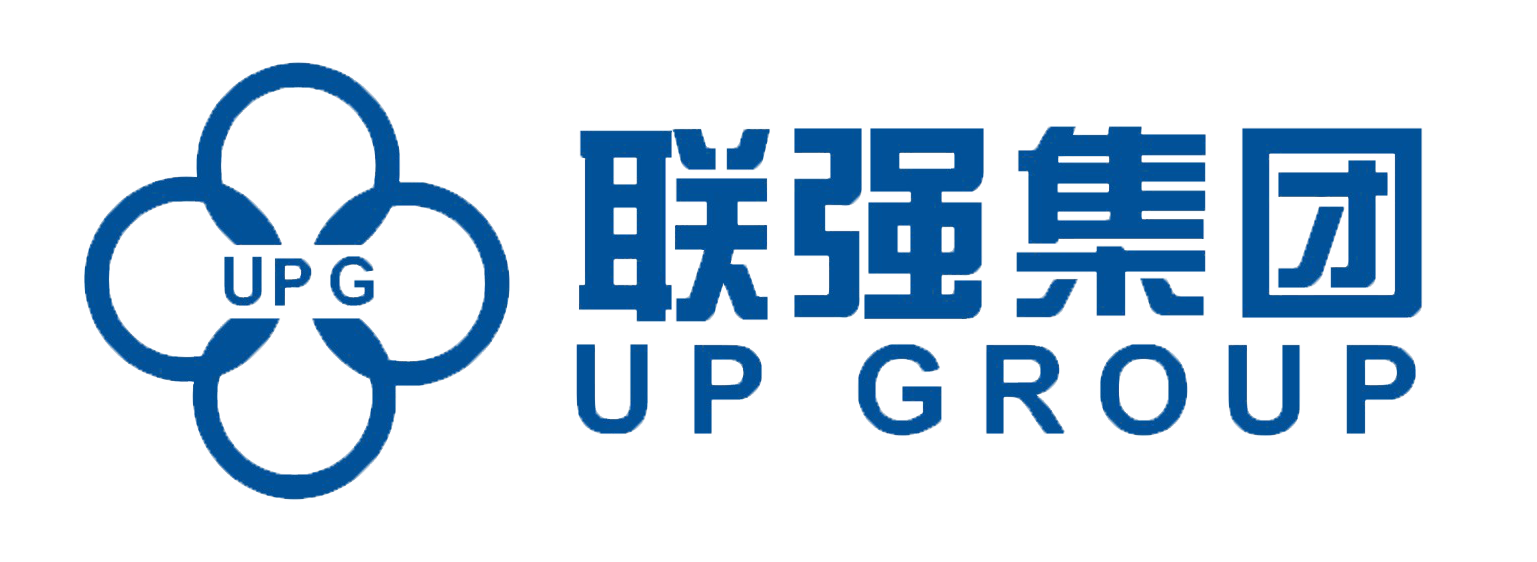In the pharmaceutical industry, tablet presses are the cornerstone of production. This state-of-the-art equipment is designed to press powders into tablets, ensuring the efficient, consistent and high quality production of pharmaceuticals. Tablet presses not only play a key role in the pharmaceutical industry, but are also used in a number of areas including food, nutraceuticals and cosmetics. This article will delve into the uses, benefits and operational aspects of tablet presses.
A tablet press is an industrial device that compresses powdered materials into tablets of consistent size and weight. The process involves multiple stages, including powder feeding, compression and discharge. A tablet press typically consists of a powder feed hopper, a tablet forming die and press system, and a finished product ejector.
Tablet presses are categorized into two main types: single-station presses and multi-station (or rotary) presses. Single-station tablet presses are suitable for small-scale production and laboratory use, while rotary tablet presses are designed for large-scale production and can produce thousands of tablets per hour.
Tablet Press Applications
1. Pharmaceutical: Tablet presses are mainly used in the pharmaceutical industry for the production of a wide range of tablets, including immediate-release tablets, controlled-release tablets and effervescent tablets. The accuracy and consistency of tablet pressing is critical to ensure the dosage of active ingredients in each tablet.
2. Health Food Production: The health food industry, which produces dietary supplements and functional foods, also relies heavily on tablet presses. These machines produce vitamins, minerals and herbal supplements in tablet form to meet the growing demand for health and wellness products.
3. Food Industry: In the food industry, tablet presses are used to produce tablets for functional foods such as protein bars and meal replacement tablets. The ability to compress powders into tablets makes them easier to package and consume, appealing to health-conscious consumers.
4. Cosmetics and Personal Care: The cosmetics industry utilizes tablet presses to produce beauty supplements and skin care tablets. These products often contain vitamins and minerals designed to enhance skin health and beauty, exemplifying the versatility of tablet pressing technology.
5. Research and Development: In laboratories and research facilities, tablet presses are used for formulation development and testing. Researchers can produce tablets in small batches to evaluate the effectiveness of different formulations before moving on to mass production.
Please check our company’s this product, item title is LQ-ZP Automatic Rotary Tablet Pressing Machine

This machine is a continuous automatic tablet press for pressing granular raw materials into tablets. Rotary tablet pressing machine is mainly used in pharmaceutical industry and also in the chemical, food, electronic, plastic and metallurgical industries.
All the controller and devices are located in one side of the machine, so that it can be easier to operate. An overload protection unit is included in the system to avoid the damage of the punches and apparatus, when overload occurs.
The machine’s worm gear drive adopts fully-enclosed oil-immersed lubrication with long service-life, prevent cross pollution.
Benefits of using a tablet press
1. Rate and speed: Tablet presses can significantly increase productivity. Rotary tablet presses, in particular, can produce thousands of tablets per hour, making them ideal for mass production operations.
2. Consistency and quality control: One of the most critical aspects of tablet production is ensuring consistency in size, weight and dosage. Tablet presses are designed to maintain a high level of accuracy, which is critical to meeting the regulatory standards of the pharmaceutical industry.
3. Cost-effective: By automating the tablet production process, manufacturers can reduce labor costs and minimize material waste. The ability to produce large quantities of tablets quickly also helps reduce unit production costs.
4. Versatility: Tablet presses can process a wide range of materials, including powders with different flow characteristics and compressibility. This versatility allows manufacturers to produce different types of tablets according to specific market needs.
5. Customization: Many tablet presses have the ability to customize tablet size, shape and coating. This flexibility allows manufacturers to create unique products that stand out in a competitive marketplace.
While tablet presses offer many advantages, their operation requires careful consideration of several factors:
-Material properties: The properties of compressed powders, such as flowability and compressibility, play a critical role in the tablet formation process. Manufacturers must select the right excipients to ensure optimal performance.
-Machine maintenance: Regular maintenance of tablet presses is essential to ensure consistent performance and longevity. This includes cleaning, lubrication and inspection of critical components.
-Regulatory compliance: In the pharmaceutical industry, compliance with regulatory standards is critical. Manufacturers must ensure that their tablet presses and processes comply with Good Manufacturing Practice (GMP) and other relevant regulations.
Tablet presses are indispensable tools in modern manufacturing, especially in the pharmaceutical, nutraceutical, food and cosmetic industries. They are an important part of the production line, capable of producing high quality tablets efficiently and consistently. As technology continues to advance, tablet presses will likely continue to evolve, incorporating new features to enhance their capabilities and further streamline the production process. Understanding the uses and benefits of tablet presses is essential for manufacturers looking to optimize production and meet changing market demands.
Post time: Dec-09-2024
